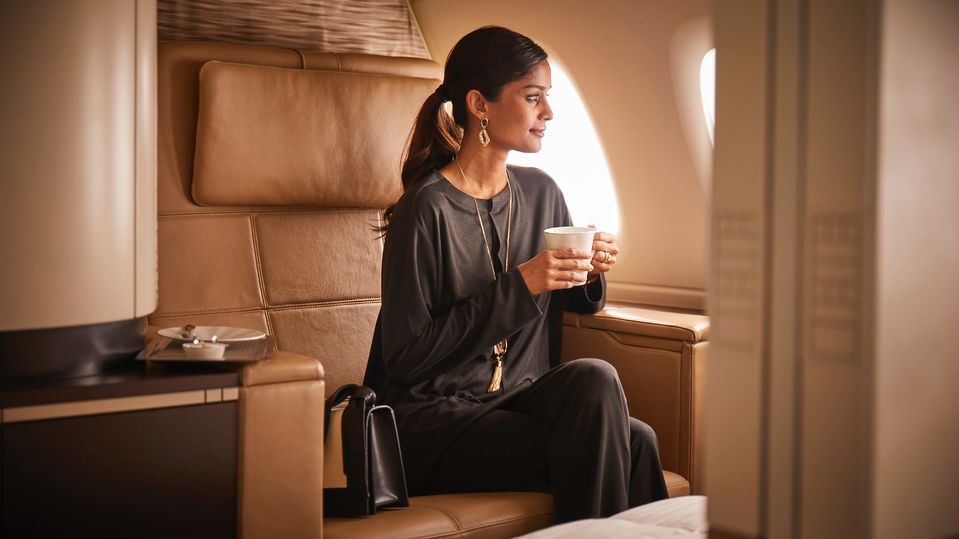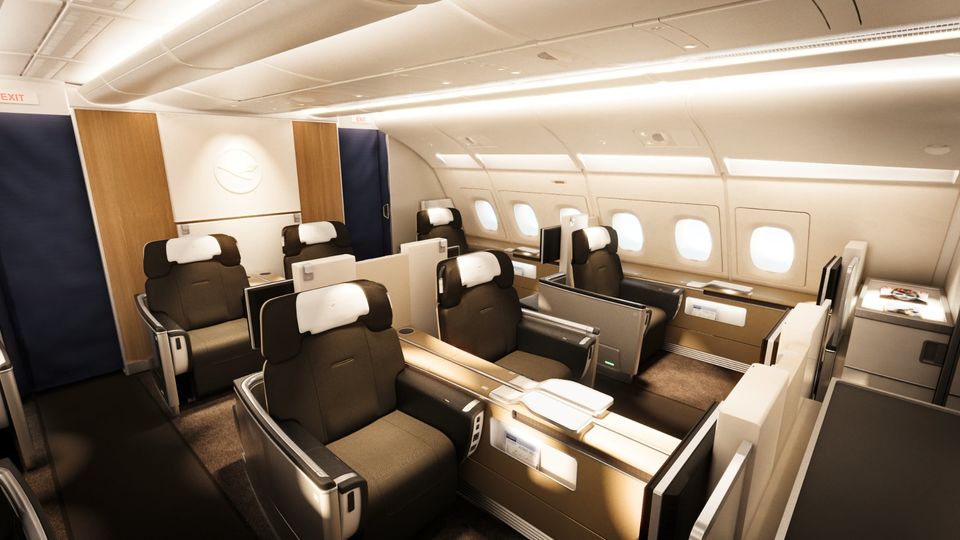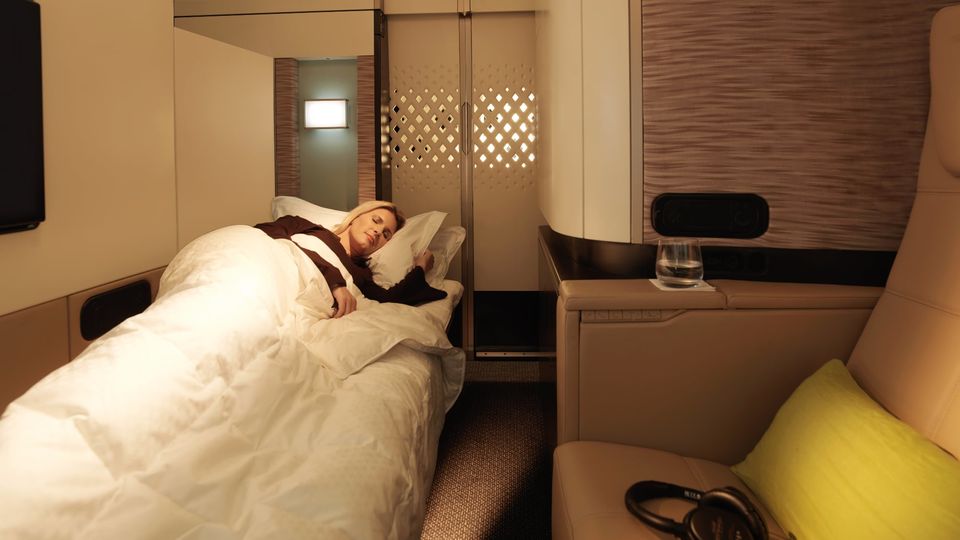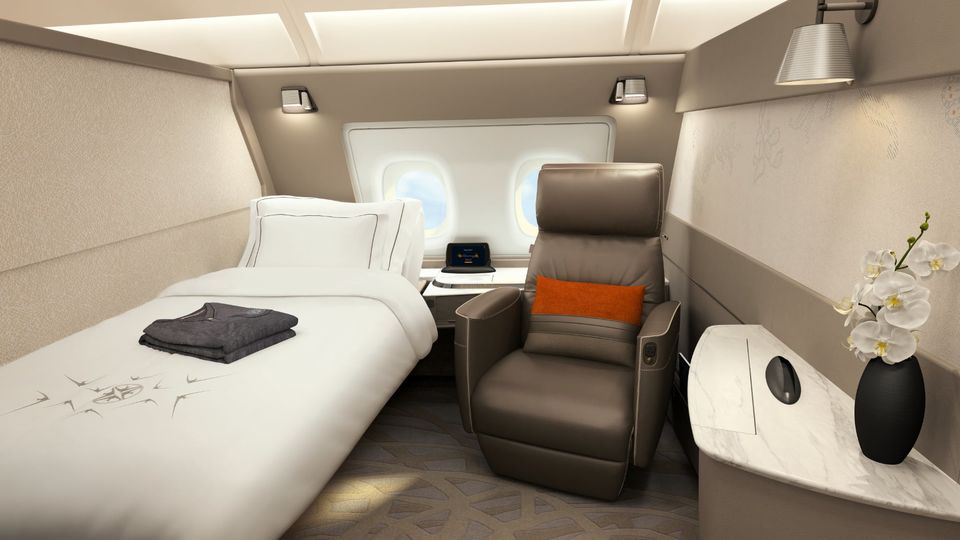Demand for first, business class sees jumbo jets come soaring back
The fuel-inefficient 747 and A380 enjoy a second chance in the skies, thanks to their large numbers of premium seats.
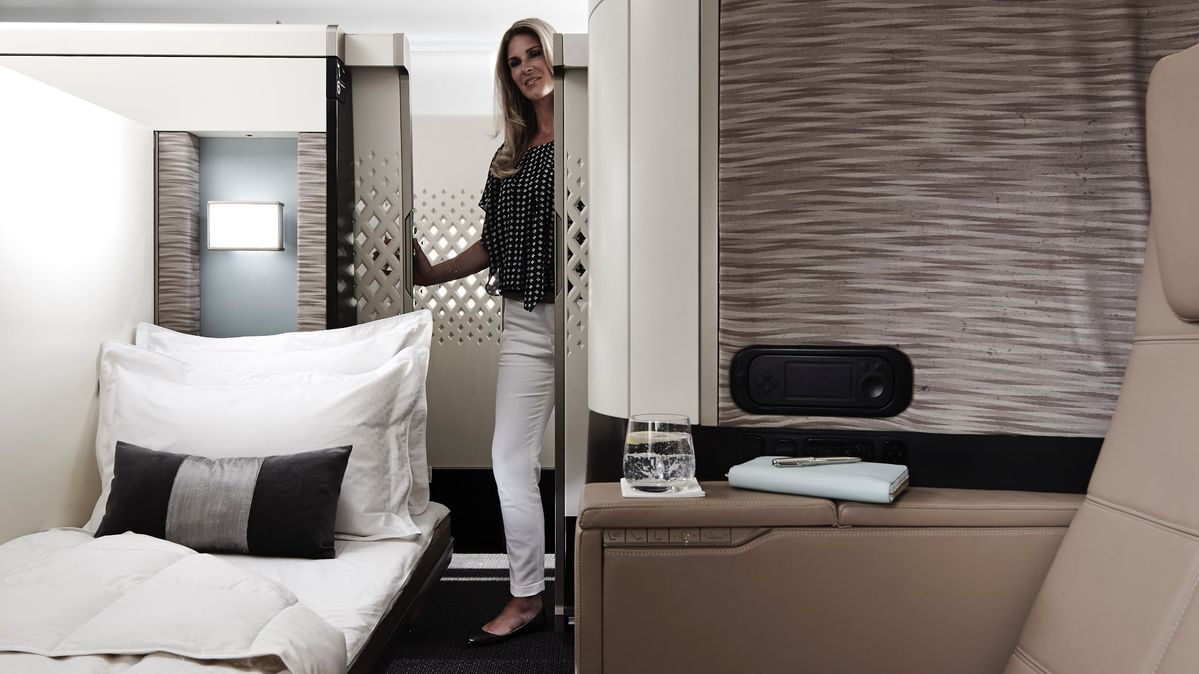
Global air travel has come roaring back from its pandemic-induced slump, and airlines are racing to provide enough capacity or in lay terms, to put enough seats in the sky – particularly for premium tickets on international flights enjoying a stronger-than-expected rebound.
The surge has created a surprise bottleneck for some carriers, which are finding that many of their new-generation aircraft outfitted with enough business and first class berths are either late for delivery (especially the much-delayed Boeing 777-9) or still awaiting regulatory approval.
So carriers have been forced to revive a venerable plane model that looked consigned to the scrap heap even before the Covid-19 outbreak: the four-engine dinosaur.
Lufthansa is now bringing back ten of its Airbus A340 jets – some almost two decades old – to satisfy the appetite for first class seating ahead of the peak northern summer season.
Five already returned to the skies in mid-2022, based in Munich, and at the time Lufthansa expected they would be retired – or re-retired – by the middle of this year.
Instead, they’ll be joined by a further five A340s at the Star Alliance member’s Frankfurt hub in order to broaden its offering of premium berths.
Lufthansa found its current fleet lacked one piece of furniture in sufficient numbers: the lucrative first-class berths that can sell for more than US$7,000 and have enjoyed rising demand from affluent passengers.
The to-be-resurrected A340-600’s 297 seats include eight in first, the same number as the A380, along with 44 seats in business and 32 in premium economy.
While the Lufthansa A380s also offer first class, only three of those double-deckers may be brought back, according to Lufthansa’s latest thinking.
The carrier’s Boeing 747-8s also feature the class, as will a new batch of Airbus A350-900s, though deliveries aren’t due until later this year.
Thai Airways, which in 2021 said it planned to phase out all its entire Airbus A380 and Boeing 747 fleet, is now mulling a return of the A380 in 2024.
That comes after the carrier chose to bring back almost half a dozen other aircraft originally put up for sale – three Airbus A330s and two Boeing 777-200ERs – from early this year in an effort to revive flights more quickly amid buoyant demand.
“It’s not all that easy now, the market is changing – to be getting new or second-hand leasing of wide-bodies or narrowbodies,” Thai Airways Chairman Piyasvasti Amranand remarked in November.
Other airlines eagerly dusting off their grounded A380s include Qatar Airways, Etihad Airways, Korean Air Lines, Singapore Airlines and Qantas.
At the height of the pandemic, Qantas parked its dozen A380 double-deckers in the California desert, saying they wouldn’t be needed for at least three years: now it’s bringing back most of them, with six already in service.
Meanwhile, Emirates is busy refreshing 67 older A380s with new interiors and premium economy sections.
“Airlines used the pandemic to phase out large, four-engine jets on the expectation that new aircraft deliveries would replace that capacity with smaller and more nimble planes suitable for point to point services,” says Anne Correa, senior vice president for forecasting and modeling at MBA Aviation.
Four-engine planes long dominated the world’s intercontinental flight paths, capable of taking more direct routes over oceans or mountain ranges that proved too long for their smaller siblings.
Newer generations of twin-engine widebodies, principally the Boeing 777 and later the 787 Dreamliner and Airbus’s A350, can manage the same flight paths while burning less fuel and, because they are easier to maintain and hold fewer seats, turning around more quickly at smaller airports.
Operating the largest jets also allows carriers to add capacity without increasing frequencies, a bonus for airlines struggling to replenish their ranks after laying off thousands of workers during the pandemic.
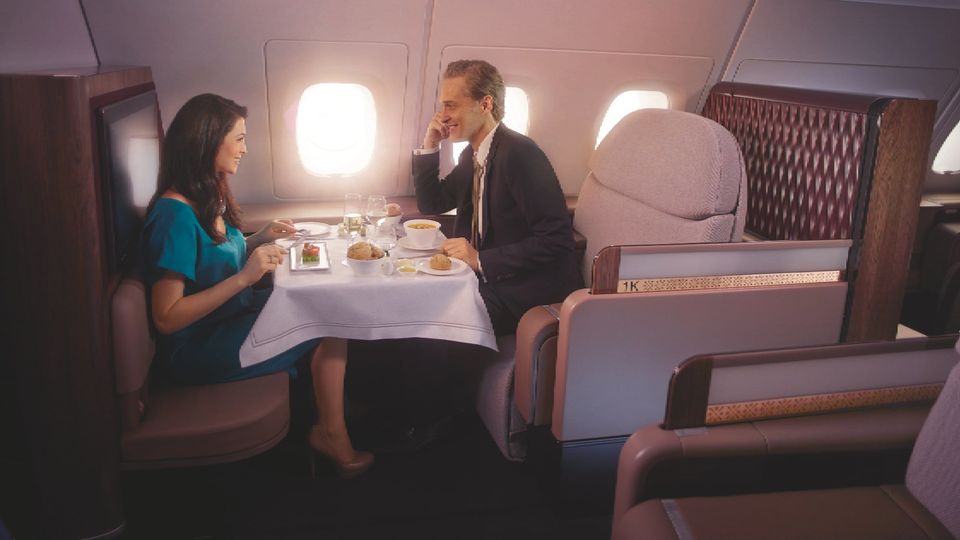
And loading up the front of the aircraft is more lucrative than relying on coach travelers, many of whom are upgrading to enjoy the perks of premium travel, from speedy boarding to a glass of Champagne.
American Express Global Business Travel says a growing number of leisure travelers shifting into business class has raised fares on some routes, especially major trans-Atlantic trips such as New York to Paris or New York to London.
“As we look into 2023, particularly on routes where there is a strong leisure component, we can expect to continue to see some of that until the point of time that capacity really catches up with demand,” says Jeremy Quek, principal global air practice consultant at Amex GBT.
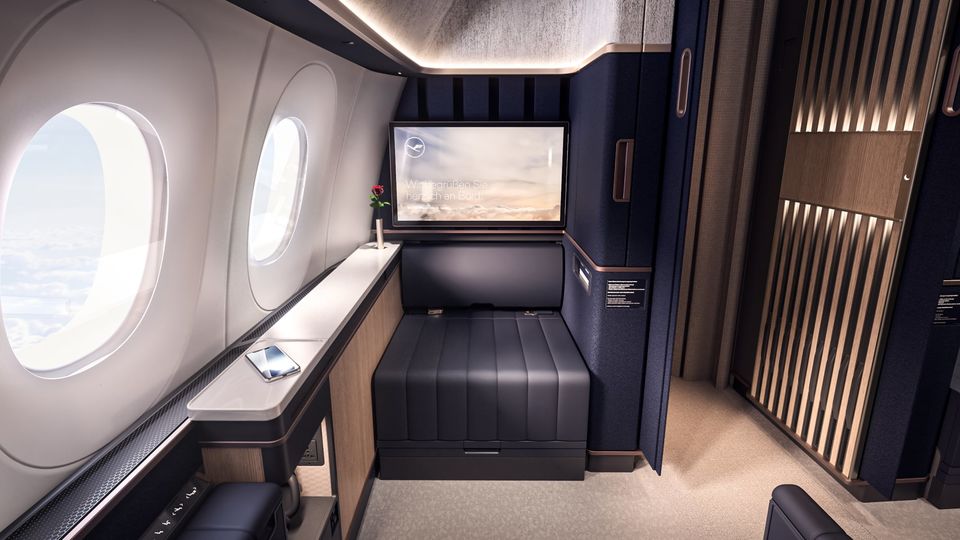
With more travelers pushing into the front of the aircraft, airlines are feeling the pinch from delayed deliveries. Lufthansa particularly has a shortage of widebody capacity.
It has ordered 20 next-generation Boeing 777X jets designed to replace the hump-backed 747, but that model has slipped five years behind schedule, with deliveries postponed to 2025.
Availability of other widebody jets for long-haul routes is also constrained, as Boeing recovers from a lengthy halt in deliveries for its 787 Dreamliner while flaws were addressed.
Still, for fans of the majestic four-engine aircraft hoping to see a permanent revival of the planes, this year might bring only a short burst of joy.
The models are all essentially out of production, and even before the pandemic, they’d dwindled to 11% of a global fleet of about 4,500 widebody airliners. By the end of last year, the proportion had shrunk to just 6%, according to data by aviation analytics firm Cirium.
Additional reporting by David Flynn
This article is published under license from Bloomberg Media : the original article can be viewed here
